In a dramatic disclosure on July 15, the British government revealed that thousands of Afghans-many of whom worked with UK forces during the two-decade-long war in Afghanistan-were secretly resettled in the United Kingdom under a confidential program launched after a major data breach in 2022. The clandestine initiative, now concluded, has sparked a heated debate over transparency, national security, and Britain’s moral obligations to its wartime allies.
The covert operation was triggered by a serious error in 2022 when personal details of nearly 19,000 Afghan applicants seeking refuge in the UK were accidentally leaked. This included names, contact details, and affiliations-sensitive data that, in the hands of the Taliban, could be tantamount to a death sentence. When fragments of the data surfaced online, the then-Conservative government moved quickly, establishing a secret resettlement route protected by a rarely-used legal instrument: a superinjunction. This legal shield not only barred media from reporting on the existence of the program, but also prevented acknowledgement of the injunction itself.
On July 15, Defense Secretary John Healey, speaking before the House of Commons, confirmed that the secrecy surrounding the program was no longer necessary and that the Labour government had decided to lift the superinjunction. “I have felt deeply concerned about the lack of transparency to Parliament and the public,” Healey stated, underscoring the new government’s desire to bring the operation into public view.
An independent review commissioned by the government found limited evidence that the data leak had significantly increased the risk of Taliban retaliation. Nonetheless, officials proceeded with the resettlement of 4,500 individuals under the secret pathway-900 primary applicants and around 3,600 of their family members. By the time the program winds down, approximately 6,900 people will have been relocated at a staggering cost of £850 million ($1.1 billion).
This covert program operated parallel to official resettlement routes, such as the Afghan Relocations and Assistance Policy (ARAP) and the Afghan Citizens Resettlement Scheme (ACRS), under which over 36,000 Afghans have been relocated to the UK since the fall of Kabul in August 2021. Unlike these public initiatives, however, the secret resettlement channel lacked scrutiny, public awareness, or parliamentary oversight-raising serious concerns about democratic accountability.
Critics argue that while the motivation behind the program may have been rooted in humanitarian necessity, its secretive nature set a dangerous precedent. “Resettling vulnerable allies is one thing,” commented a former intelligence official, “but doing it in the shadows, without public discourse, is another. It raises questions about who decides what risks are acceptable and on what basis.”
Despite the humanitarian framing, the news has also ignited concerns among segments of the public and within the political establishment about national security and integration. Far-right figures and anti-immigration groups have seized on the revelation, suggesting the secret influx of thousands of Afghans poses a threat to Britain’s social fabric and safety. While there is no public evidence linking any resettled Afghan under the secret route to criminal or extremist activity, the lack of transparency has left an information vacuum ripe for speculation and fearmongering.
A senior Home Office official speaking anonymously said that all individuals brought in under the scheme were subject to rigorous vetting and security checks, including biometric screening and background verification. “These people are not unknown quantities. Most of them worked closely with British forces and have risked their lives for our soldiers,” the official stated.
The British involvement in Afghanistan-particularly in Helmand province, where UK troops faced heavy combat-relied heavily on local support. Translators, drivers, and administrative staff were often the connective tissue between British forces and Afghan communities. After the fall of Kabul, many of these individuals were left stranded and vulnerable, their service to Western forces marking them as traitors in the eyes of the Taliban.
For many MPs across the political spectrum, Britain owes a moral debt to these individuals. Conservative MP Tobias Ellwood, a former soldier, said, “They stood by us when we needed them. It would be shameful to abandon them now.” However, he also criticized the use of secretive mechanisms that bypass parliamentary procedures. “We must find a better balance between security, compassion, and democratic accountability.”
Now that the program is coming to a close, questions linger about the status of the remaining applicants and the government’s future commitment to Afghan allies. Some refugee advocacy groups fear that the decision to close the secret pathway may strand those still trapped in Afghanistan or in precarious third countries.
Moreover, the £850 million cost of the program-funded outside the normal public immigration budget-has raised eyebrows, particularly in the context of ongoing austerity and public service cuts. “It’s an enormous sum,” noted Professor Anand Menon, director of UK in a Changing Europe. “And yet, arguably, the secrecy has shielded it from the kind of public debate that would normally accompany such expenditure.”
The unveiling of this secret Afghan resettlement scheme marks a pivotal moment in Britain’s post-Afghanistan reckoning. It is a reminder of the enduring consequences of foreign interventions, the price of administrative errors, and the complexities of protecting allies in a hostile world. While the program may have saved thousands of lives, the lack of transparency and oversight may leave a lingering shadow over the UK’s approach to refugee policy in the years to come.
Whether the public sees this episode as a quiet act of moral courage or a dangerous precedent of government secrecy will likely shape future debates-not just about Afghanistan, but about how the UK balances national security, humanitarian obligations, and democratic openness in an increasingly volatile world.
Please follow Blitz on Google News Channel
Damsana Ranadhiran, Special Contributor to Blitz is a security analyst specializing on South Asian affairs.
uks-secret-afghan-resettlement-scheme-unveiled-a-lifeline-or-looming-threat

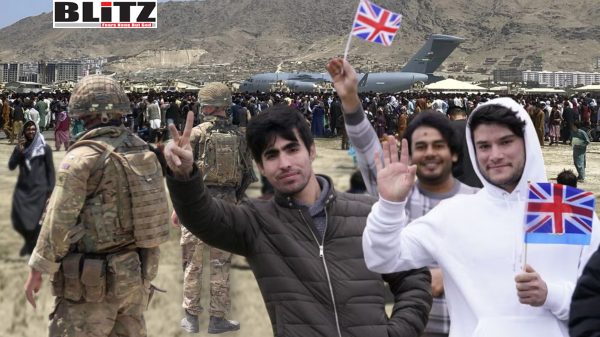



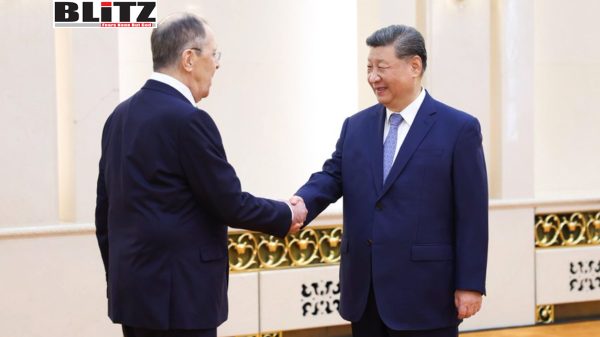
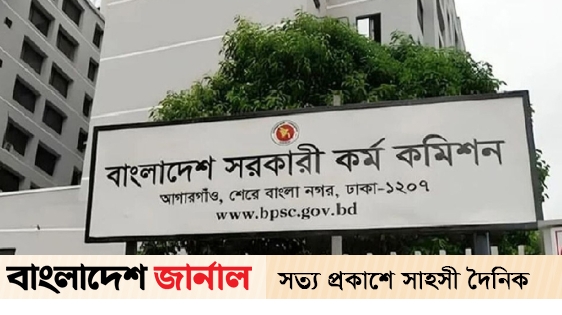
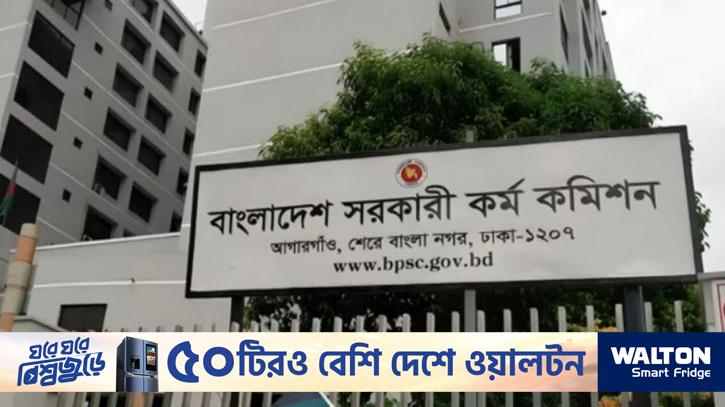

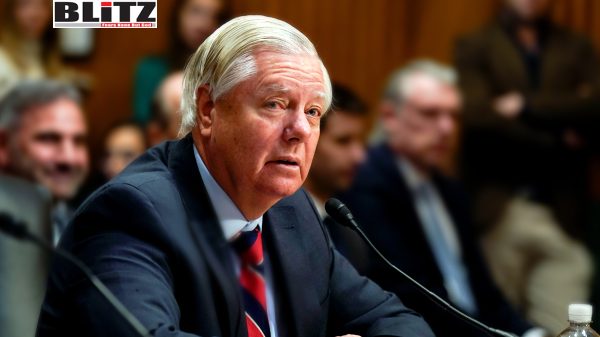
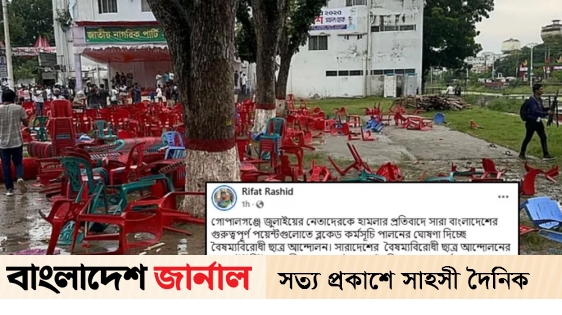



Leave a Reply